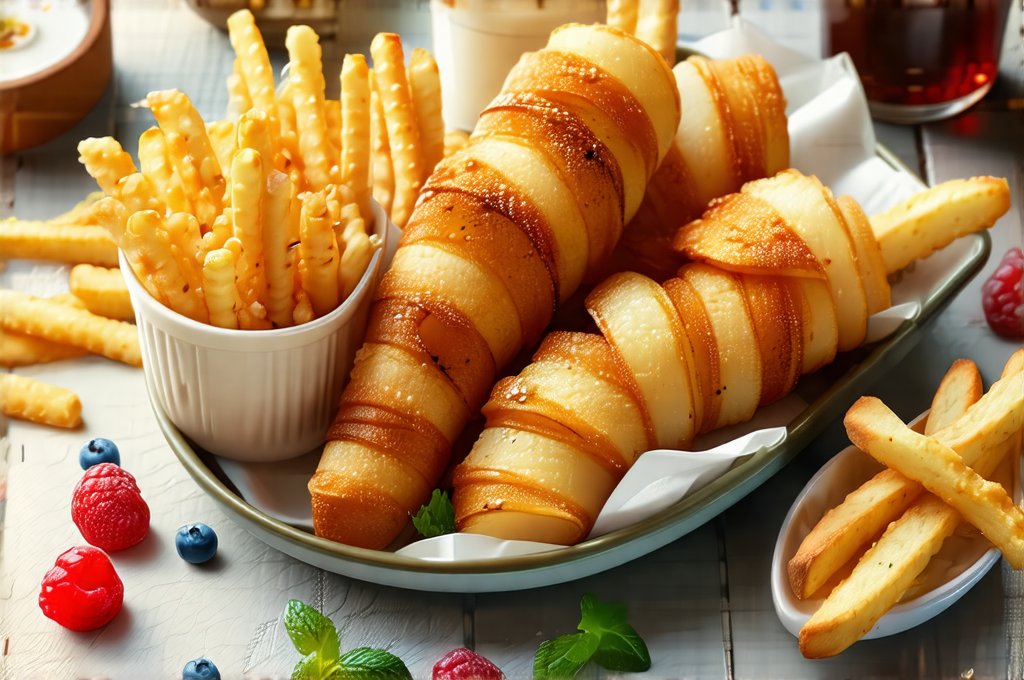The allure of a late-night snack is strong. Whether it’s a craving born from boredom, stress, or genuine hunger after a long day, many of us find ourselves raiding the kitchen hours before bedtime. However, that seemingly harmless midnight bite can often lead to discomfort – bloating, gas, heartburn, and even disrupted sleep. This isn’t necessarily about willpower; it’s about understanding how our digestive system functions while we rest and making informed choices about what fuels (or hinders) that process. Often, the issue isn’t snacking itself, but rather what we snack on.
Our bodies don’t shut down when we sleep. Digestion continues, albeit at a slower pace. Introducing difficult-to-digest foods late at night forces our digestive system to work harder while we’re trying to rest, potentially leading to those unpleasant symptoms and interfering with restorative sleep cycles. The goal isn’t necessarily to eliminate all late-night snacking, but to curate options that are gentle on the gut and won’t sabotage a good night’s rest. This means prioritizing easily digestible foods, mindful portion sizes, and avoiding ingredients known to trigger digestive distress. It’s about finding a balance between satisfying cravings and supporting healthy sleep. You might also find helpful tips in easy-to-digest dinner options for the evening.
Understanding Gut Sensitivity & Late-Night Digestion
The key to choosing the right late-night snack lies in understanding how our gut behaves at night. During sleep, several physiological changes occur that impact digestion. Gastric emptying slows down significantly – meaning food stays in your stomach for longer. Peristalsis (the wave-like muscle contractions that move food through the digestive tract) also decreases. This slower pace means undigested food has more time to ferment, potentially leading to gas and bloating. Individuals with pre-existing gut sensitivities, such as Irritable Bowel Syndrome (IBS) or GERD (Gastroesophageal Reflux Disease), are particularly vulnerable to these effects.
Furthermore, individual tolerances vary greatly. What one person can easily digest at night might cause discomfort for another. Common culprits that often trigger issues include high-fat foods, spicy foods, caffeine, alcohol, and large portions. These ingredients can exacerbate acid reflux, slow down digestion further, or stimulate bowel activity during sleep. Recognizing your personal triggers is crucial. Keeping a food diary to track what you eat before bed and how it affects your gut can be incredibly helpful in identifying problematic foods. If you struggle with consistently feeling unsafe in your gut, creating rituals could provide some relief.
It’s also important to differentiate between true hunger and emotional eating. Often, late-night cravings are driven by stress, boredom, or habit rather than genuine physiological need. Addressing the underlying emotional factors is just as important as choosing a gut-friendly snack. Simple strategies like mindfulness exercises, reading a book, or taking a relaxing bath can sometimes help curb those non-hunger-related cravings.
Gentle Snack Options for a Happy Gut
When selecting a late-night snack, focus on foods that are easily digestible and low in FODMAPs (Fermentable Oligosaccharides, Disaccharides, Monosaccharides, And Polyols) – short-chain carbohydrates that can trigger digestive issues in sensitive individuals. Here are some excellent choices:
- Small Portion of Oatmeal: A warm bowl of oatmeal made with water or lactose-free milk can be soothing and provide a source of complex carbohydrates. Avoid adding excessive sugar or dried fruit, which can ferment overnight.
- Banana with Almond Butter: Bananas are relatively easy to digest, and almond butter provides healthy fats and protein for sustained energy. Choose natural almond butter without added sugars or oils.
- Plain Yogurt (Lactose-Free if Needed): A small serving of plain yogurt (Greek or regular) can be a good source of probiotics, which support gut health. Opt for lactose-free versions if you’re sensitive to dairy.
Beyond these specific foods, consider the preparation method. Avoid fried foods, heavy sauces, and excessive oil. Steaming, baking, or lightly cooking are preferable. Portion control is also vital; a small snack (around 100-200 calories) is less likely to overwhelm your digestive system. Remember that hydration is key too – sipping water alongside your snack can aid digestion. Planning ahead can make this easier—consider creating a weekly menu to reduce stress around mealtime.
The Role of Fiber and Protein
Fiber plays a complex role in late-night snacking. While generally beneficial for gut health, excessive fiber right before bed can sometimes lead to bloating and gas due to its fermentable nature. However, small amounts of soluble fiber – found in foods like oats and bananas – are usually well-tolerated. The key is moderation. Prioritize soluble fiber over insoluble fiber (found in bran and some vegetables) as it’s gentler on the digestive system.
Protein can help stabilize blood sugar levels overnight, preventing those middle-of-the-night cravings that can disrupt sleep. However, heavy protein meals are also difficult to digest. A small amount of lean protein – such as a tablespoon of nut butter or a few bites of plain yogurt – is sufficient. Combining fiber and protein in your snack (like banana with almond butter) can create a satisfying and balanced option that won’t disrupt your gut.
Timing & Mindful Eating Practices
The timing of your late-night snack matters. Ideally, finish eating at least 2-3 hours before bedtime to allow some digestion to occur while you’re still awake. This gives your body time to process the food and reduces the likelihood of discomfort during sleep. Avoid going to bed immediately after snacking. Understanding what to eat on busy days can help you make good choices even when time is limited.
- Practice mindful eating: Pay attention to your hunger cues and savor each bite. Eating slowly and deliberately can help prevent overeating and improve digestion.
- Create a relaxing bedtime routine: This signals to your body that it’s time to rest, which aids in digestion.
- Avoid screens during snacking: Blue light from electronic devices can interfere with sleep quality and potentially disrupt digestion.
Ultimately, the best late-night snack is one that you enjoy and that doesn’t compromise your gut health or sleep quality. Experiment with different options to find what works best for you, paying close attention to how your body responds. Remember that small changes can make a big difference in ensuring a peaceful and restful night’s sleep. Be mindful of weekend habits as well, as they could be affecting your digestion. Consider also what you drink—morning beverages can set the tone for a healthy gut throughout the day. Finally, be aware of household items that might contribute to discomfort.


















